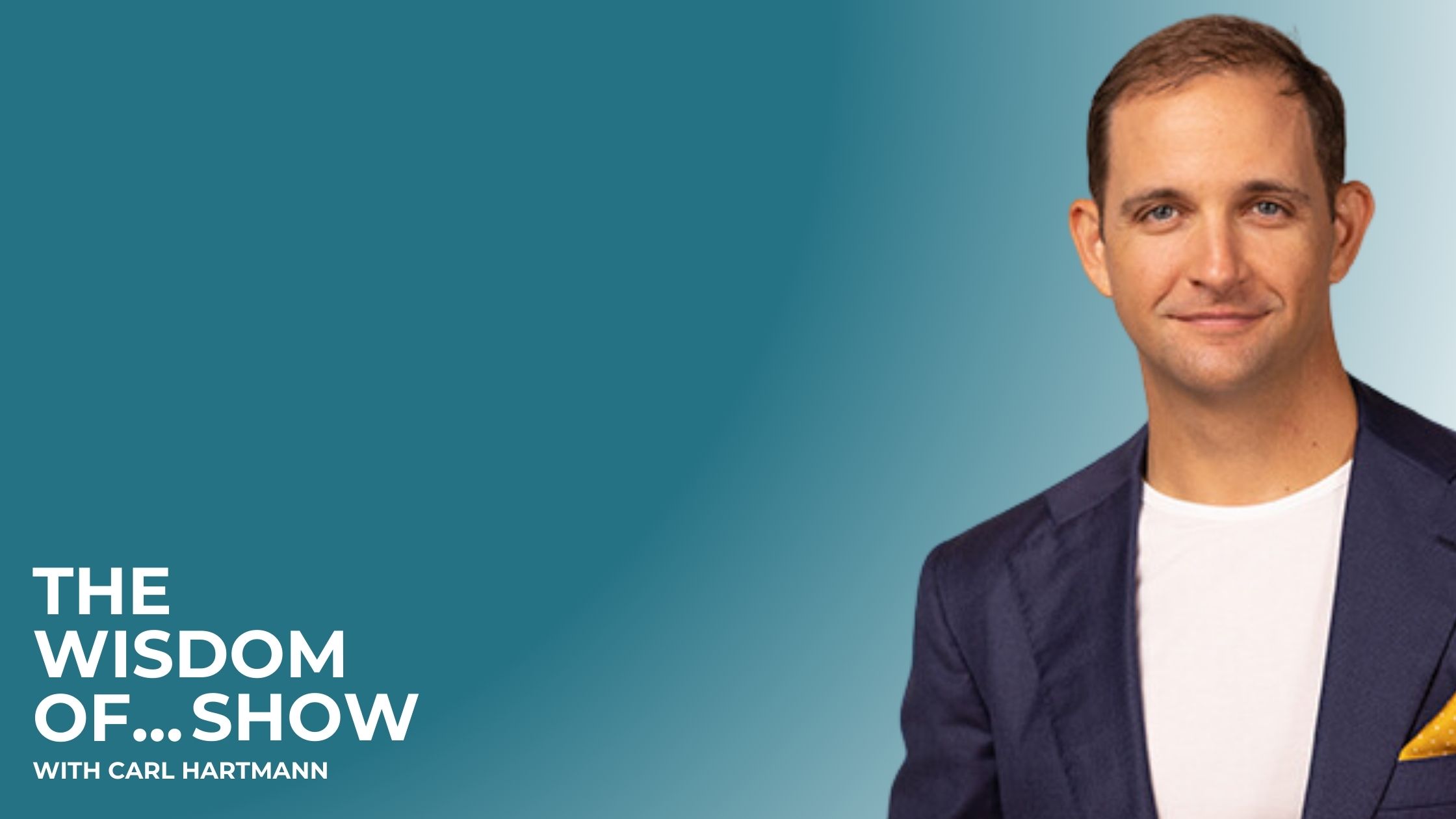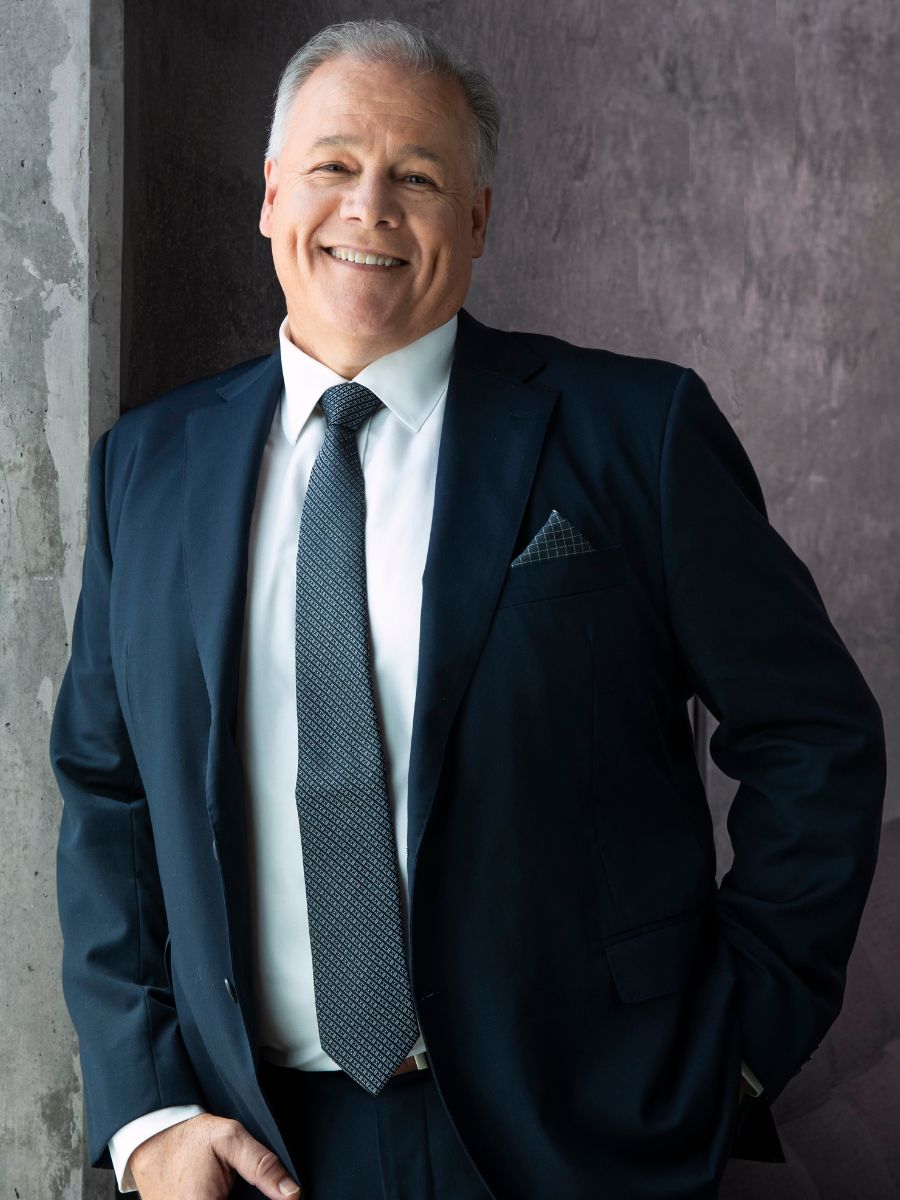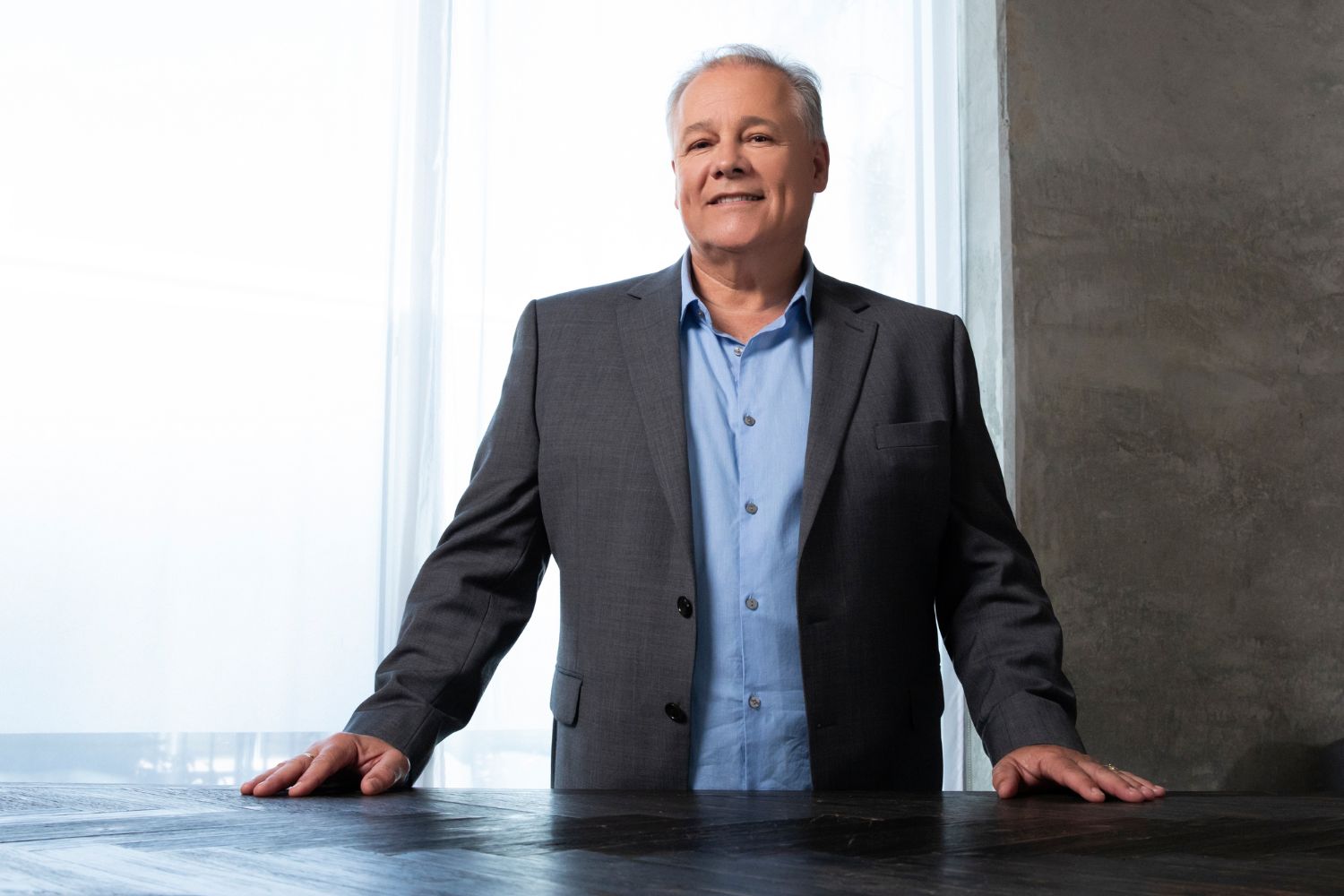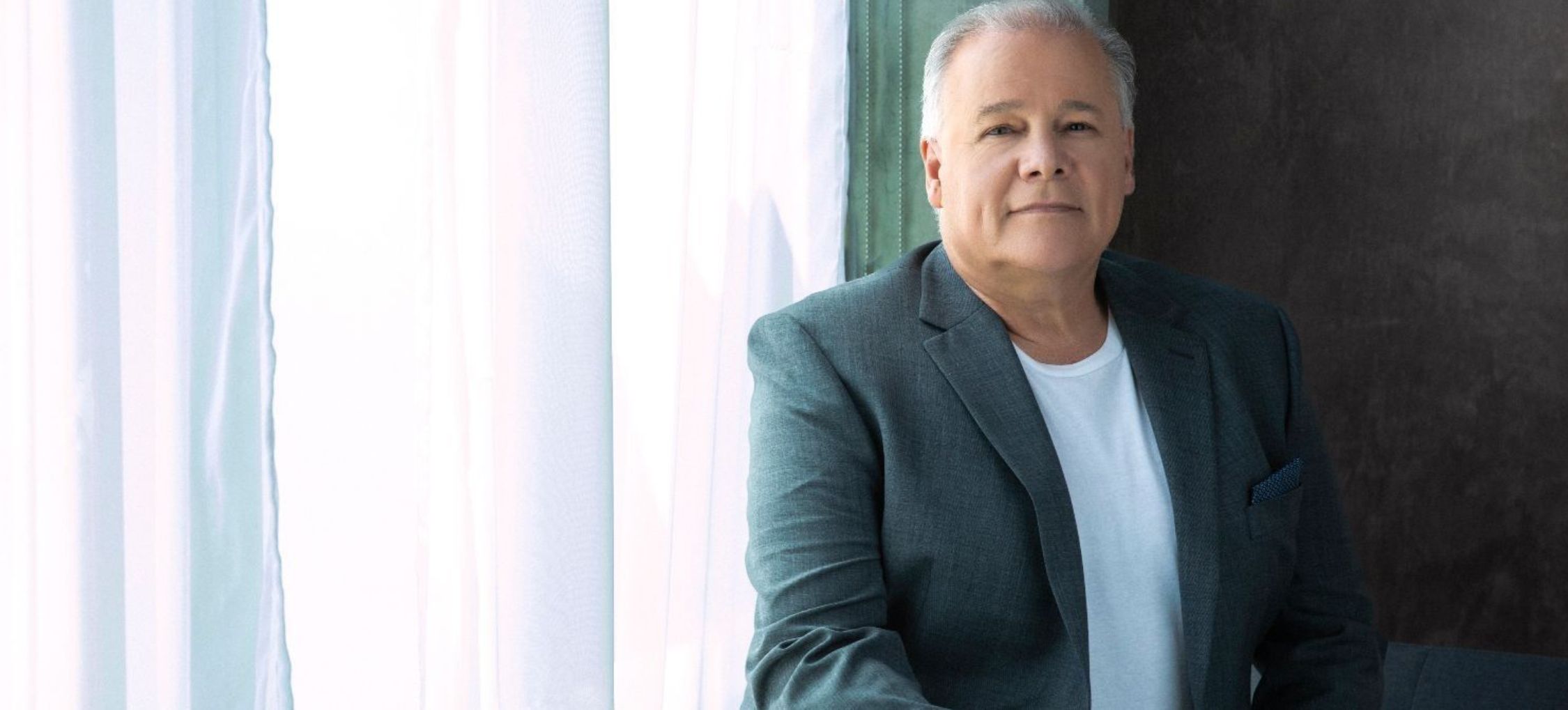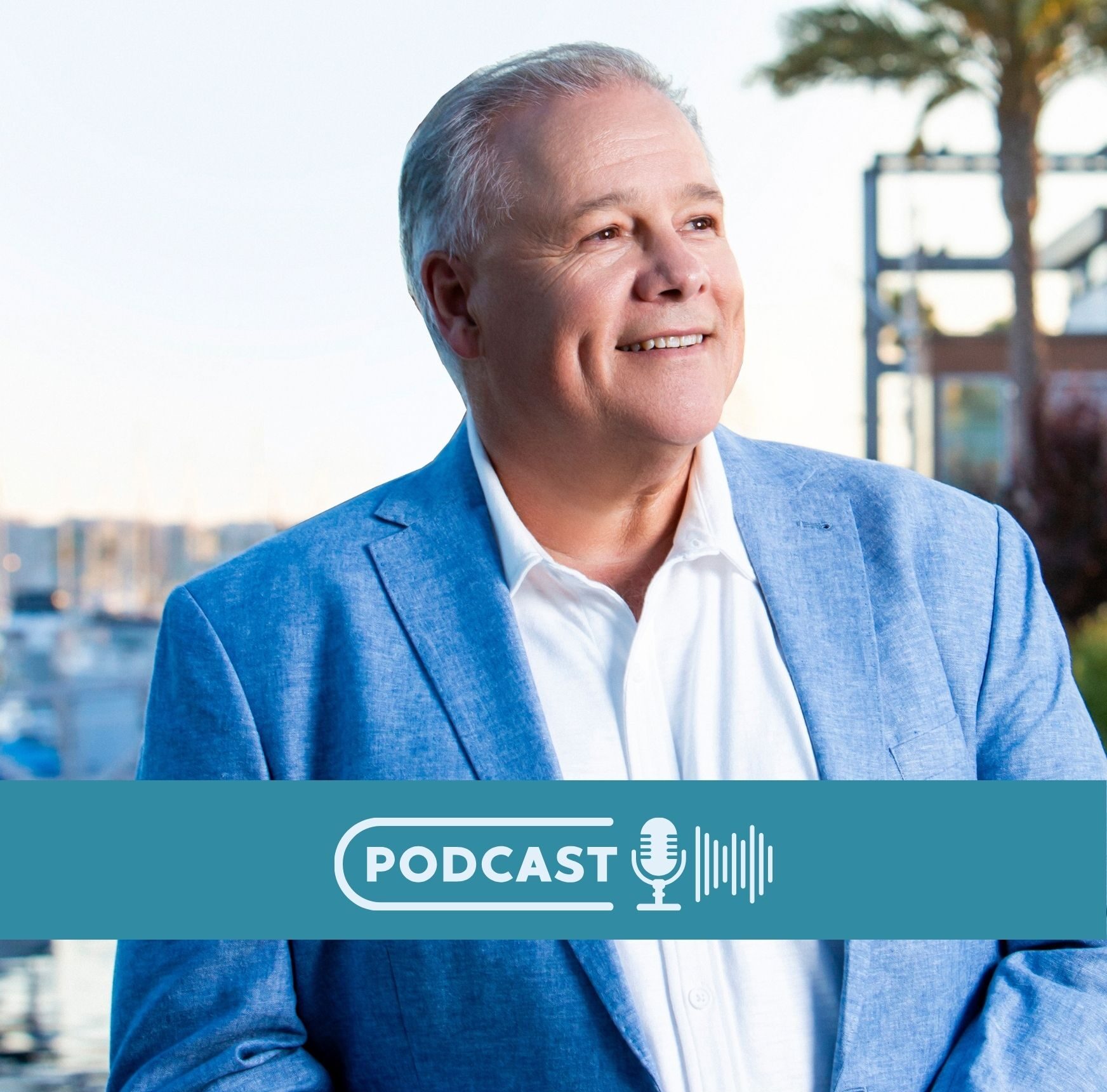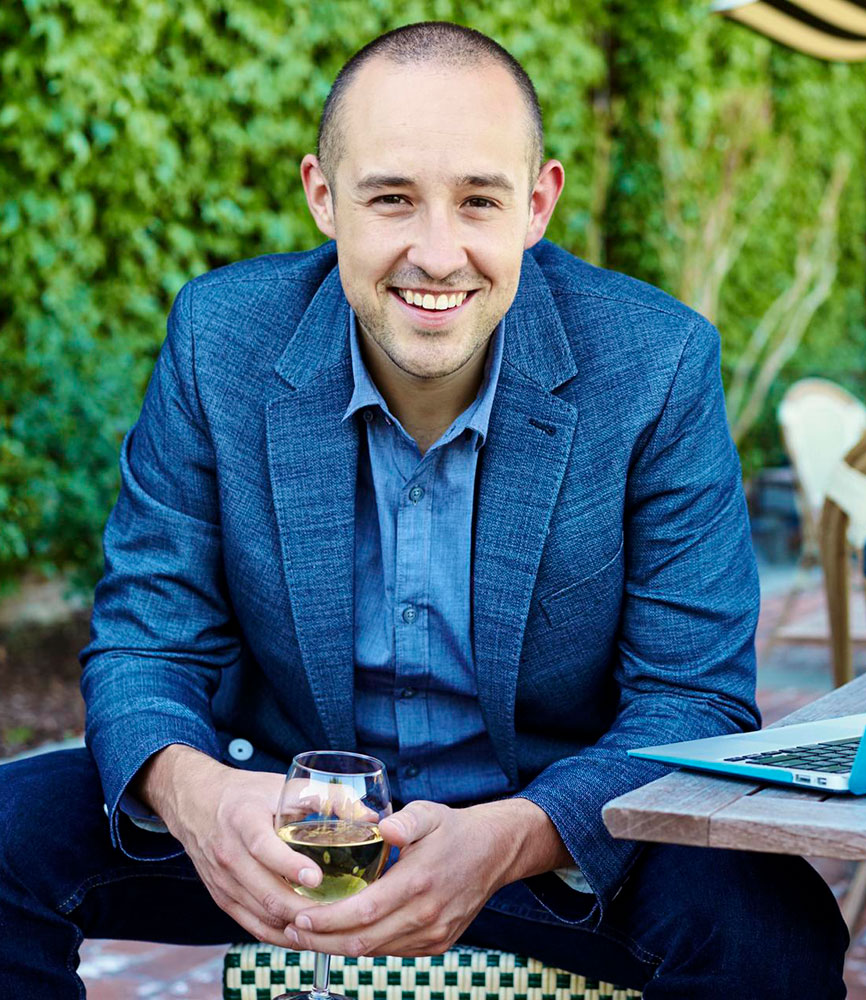When you think of industry disruption, artisanal spirits probably isn’t the first sector that comes to mind. Yet, as I sat with Rob Weir, CEO of Maguey Exchange, on The Wisdom Of… Show, I witnessed a masterclass in market transformation that carries profound lessons for leaders across all industries.
Weir’s journey—from West Point graduate to U.S. Army Ranger in Afghanistan to mezcal revolutionary—demonstrates how the intersection of tradition and innovation creates sustainable value at scale.
But what makes his approach revolutionary isn’t technology. It’s his fundamental reframing of the relationship between producers and markets.
The Power of Field-First Development
“We know that mezcal, tequila, wine and other things are produced by a family with heritage and generations of experience,” Weir explains. “But these producers are often caught from global markets by opaque and inefficient supply chains.”
This realization didn’t come from market research or competitor analysis. It came from actually being in the field—sitting with producers like Rodrigo in remote Oaxaca villages, asking a simple but transformative question: “If you were king for a day, what would you change about this entire situation?”
This “field-first development” philosophy, forged in Afghanistan, is the antithesis of the top-down economic development approaches that often fail. The key insight? Before solving problems, understand the human experience creating them.
The Universal Architecture of Connection
Maguey (pronounced “ma-gay”) Exchange isn’t just connecting mezcal producers to buyers. It’s building what Weir calls “the universal architecture and infrastructure for artisanal trade.”
The model addresses three critical market failures:
-
Discovery: Buyers spend hundreds of hours trying to source artisanal producers
-
Connection: Cultural and communication barriers prevent effective relationships
-
Supply Chain: “Complete chaos” in managing logistics once connections are made
This creates friction that inflates costs by 15-25%.
But what’s most fascinating is watching how Weir has operationalized the philosophy built into his company’s name: “Maguey” is the Nahuatl word for agave, while “Exchange” refers to the first commercial activity between communities—the exchange of something of equal or greater value.
“Imagine if the world ran to a rhythm of equal or greater value,” he says. “Everything would change.”
Leadership Lessons From Combat to Commerce
Perhaps most valuable are the leadership principles that Weir carries from military to mezcal:
Empathy as fundamental: “You can’t lead young men and women into combat without really understanding them on an intrinsic level as a person.”
Direction before destination: “Even in basic military navigation, when you don’t know where you are, the first thing you do is establish what’s north, southeast, or west. You need to understand what direction you are walking in.”
Leadership through service: “You need to understand how to be a servant before you can be a leader… I’m not the one getting served tea all the time. A lot of the time I’m the one serving tea.”
The 20-Year Vision: Community-Led Growth
While most platforms extract value, Maguey Exchange is pioneering what Weir calls “community-led growth”—producers referring other producers, buyers referring other buyers.
“We are pioneering a new business model that benefits both sides. It’s capitalist in terms of people earning revenue, but it’s also community-driven,” Weir explains. His 20-year vision includes “cooperative ownership structures, profit-sharing models, and direct-to-consumer sales platforms.”
In an era where technology often replaces human connection, Weir reminds us of its true potential: “AI shouldn’t necessarily be your first solution. Your first solution should focus on the people, the systems, and the communities.”
The Wisdom for All Leaders
The lessons from Rob Weir’s journey apply far beyond agave fields. For leaders building anything meaningful:
Truly understanding requires being in the field, not just analyzing data
Creating human connections scales more effectively than optimizing transactions
Building structures that add value to every participant creates sustainable growth
All true innovation begins with curiosity about human experiences
As we navigate increasingly complex global challenges, perhaps the most powerful revelation is that the businesses that will thrive in the next decade aren’t just disrupting industries—they’re humanizing them.


